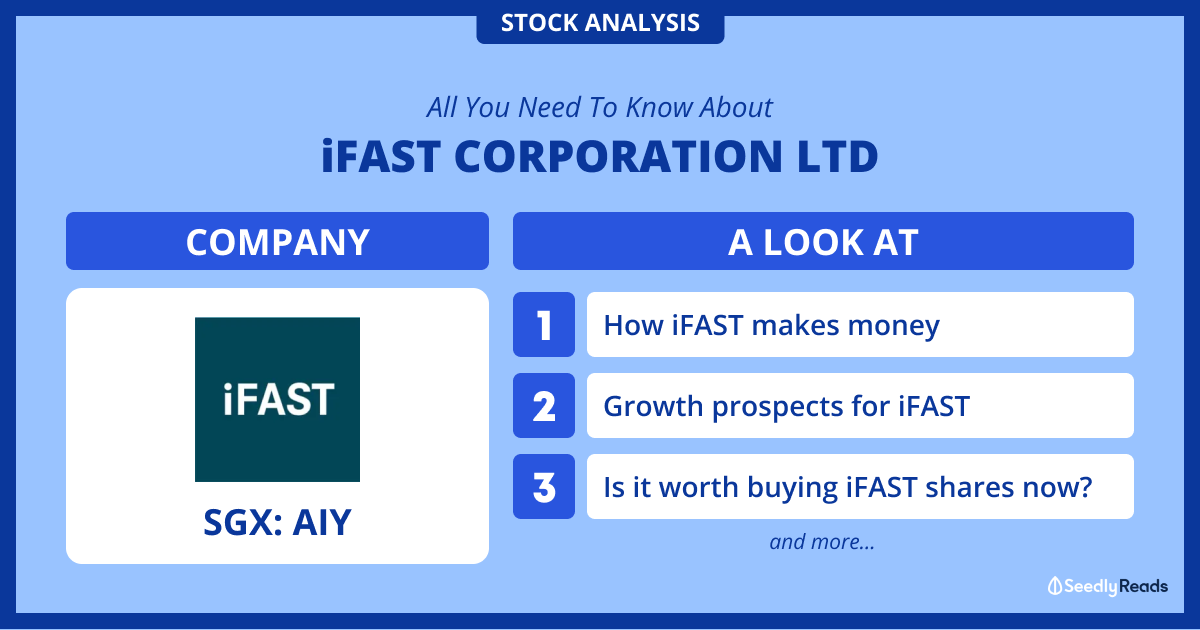Advertisement
Is it still worth it to invest in StashAway and Autowealth when they contain mainly US ETFs and equities which are subjected to 30% withholding tax?
An investment in StashAway or Autowealth will probably contain a high proportion of US ETFs and equities. I’m pretty new to investment, but I caught this part mentioning that there is this 30% withholding tax for all US investments. How does it work? Does this mean when I sell them off eventually, all my earnings will need to slash off a big chunk of 30% of it? Doesn’t this sound not worth it and invest in something else instead? For instance, Asian equities that doesn’t have this kind of tax.
6
Discussion (6)
Learn how to style your text
Amanda Ong
07 Jun 2019
Country Manager, Singapore at StashAway
Reply
Save
Tai Zhi
09 May 2019
Chief Investment Officer at Autowealth
Yes, dividends and bond coupons will be subject to a 30% U.S. federal withholding tax in line with tax regulations of the U.S. Internal Revenue Service. Nevertheless, ETFs listed in the U.S. are still preferred over ETFs listed in other countries like the U.K. after taking into consideration factors including liquidity, bid-ask spread, expense ratio, ETF fund size amongst other factors.
AutoWealth works with our partnering custodian to seek partial reimbursement of the withholding taxes from the U.S. Internal Revenue Service, where applicable. The last reimbursement was done in Sep 2018 for 2017 withholding taxes.
You may wish to check out our other FAQs at this url: https://www.autowealth.sg/faq.php
Reply
Save
Nicholes Wong
16 Jan 2019
Diploma in Business Management at Nanyang Polytechnic
The tax is on dividend. So example you get 1% dividend for a particular us stock. You will have to p...
Read 1 other comments with a Seedly account
You will also enjoy exclusive benefits and get access to members only features.
Sign up or login with an email here
Write your thoughts
Related Articles
Related Posts
Related Products

AutoWealth
4.8
220 Reviews
ETFs, Equities, Bonds
INSTRUMENTS
0.5%
ANNUAL MANAGEMENT FEE
$3,000
MINIMUM INVESTMENT
N/A
EXPECTED ANNUAL RETURN
Web only
PLATFORMS

StashAway
4.7
1294 Reviews

Endowus
4.7
657 Reviews
Related Posts
Advertisement









Hi Lai Chong,
Just jumping in to help you with your question :)
To clarify, all dividends of US-listed securities are subject to 30% dividend withholding tax (WHT). These taxes are applicable as long as you own US listed assets, regardless whether the assets were bought through StashAway, or via your own broker. The WHT is held at source and the rest of the dividends are redistributed back to your StashAway portfolio(s) and reinvested automatically.
Under the QII (Qualified Interest Income) rule, some of the dividend WHT from US domiciled funds (e.g. US government bonds) can be claimed back. Our broker will do this on your behalf and there is no involvement on the customer's part. We will do this once a year, and will notify you via email if you have any claimable WHT, which would be redistributed to your portfolio and automatically reinvested. We reimbursed clients their WHT refund for the year 2017 in October 2018 and will do the same every year.
For further illustration, you may like to view the Dec 2017 iShares report on QII ETFs (link: https://www.ishares.com/us/literature/tax-infor...). Some examples of QII ETFs that StashAway invests in are 20+ Year Treasury Bond (TLT) and 10-20 Year Treasury Bond (TLH).
Our investment team has given serious consideration to the 30% WHT and have considered other exchanges that have lower or no withholding tax. However, at the end of the day, we have decided to stay with US-listed securities despite the tax implications due to the its deep liquidity, reputable fund management and most importantly, the lower tracking error. If you'd interested to see a comparison between US-listed securities and foreign securities, here(link: https://www.stashaway.sg/r/etf-taxes-returns-an...) is an article that presents its case.
I hope this does clarify some of your concerns. If you have any further questions, please feel free to reach out to us at [email protected].